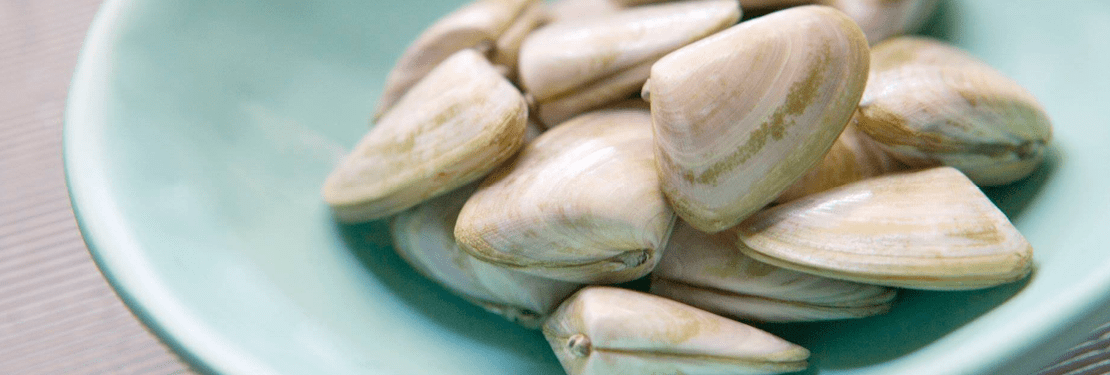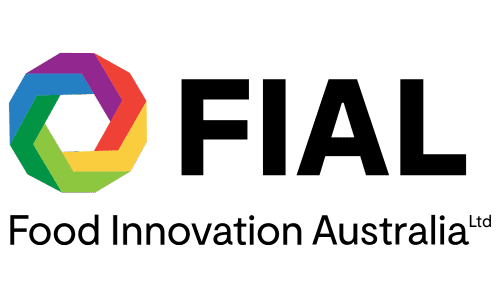Goolwa PipiCo | Celebrating Australian Food and Agribusiness Innovations 2020

Challenge
The 100% Australian-owned Goolwa PipiCo comprises five multi-generational fishing families. Previously represented by an industry association, in 2014 they joined together and incorporated a company, opening up opportunity for growth and expansion that may otherwise have evaded them.
The food pipi (or cockle) market is relatively new to Australia. As recently as the turn of the century around 99% of the annual pipi catch was used for bait. In 2002 the small food market that did exist constituted mainly Asian consumers, with a preference for larger product. Fishing only larger sizes is not good for the overall stock, but the limited food market demand required it. By 2010, the unsustainability of this practice was clear, so Goolwa started to seek out new markets.
Solution
When pursuing new opportunities for smalle-rsized stock, Goolwa found an attitude of “the smaller, the better” prevailed in both the European and newly evolving Australian markets, opening doors to new sales avenues and creating a better outcome for stocks overall.
Between 2000 and 2014 loose live pips were sold into fish markets packed in a foam esky, ready for display on ice to buyers. This invariably meant the stock would ‘gape’, appearing as though dying while still being perfectly safe to eat. Goolwa PipiCo isn’t afraid of looking to other industries for inspiration and noted that mussels had been supplied as a packaged product for years. Armed with research finance for scientific evaluation and testing, Goolwa set out to see what could be done. After three years of development, the company
launched its modified atmosphere packaging (MAP) product in 2014, extending the shelf life of a live pipi from five to ten days and solving the ‘gaping’ issue. Subsequent lines were developed, allowing Goolwa to offer product in live and fresh, frozen and ready-to-cook formats.
Outcome
Of all Goolwa PipiCo’s achievements, it counts its partnership with the local Indigenous population — the Ngarrindjeri people — as the most important. Nestled in the sandhills behind Goolwa Beach is evidence of the Ngarrindjeri’s connection to the area and the local resource, where buried kuti (pipi) shells have laid for over 19,000 years. Keen to maintain that connection and see Ngarrindjeri people back ‘on country’, Goolwa extended the offer to take up part ownership. Now 20% held, with a view to 100% ownership down the track, the Ngarrindjeri people have direct input into how the fishery is run and can positively influence employment outcomes for the traditional owners of the land. That relationship also led to the development of the Kuti Shack restaurant and testing kitchen serving new and innovative pipi dishes made with local indigenous ingredients.
